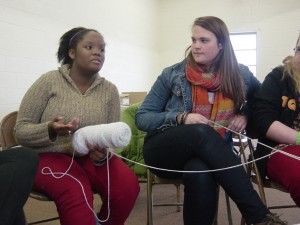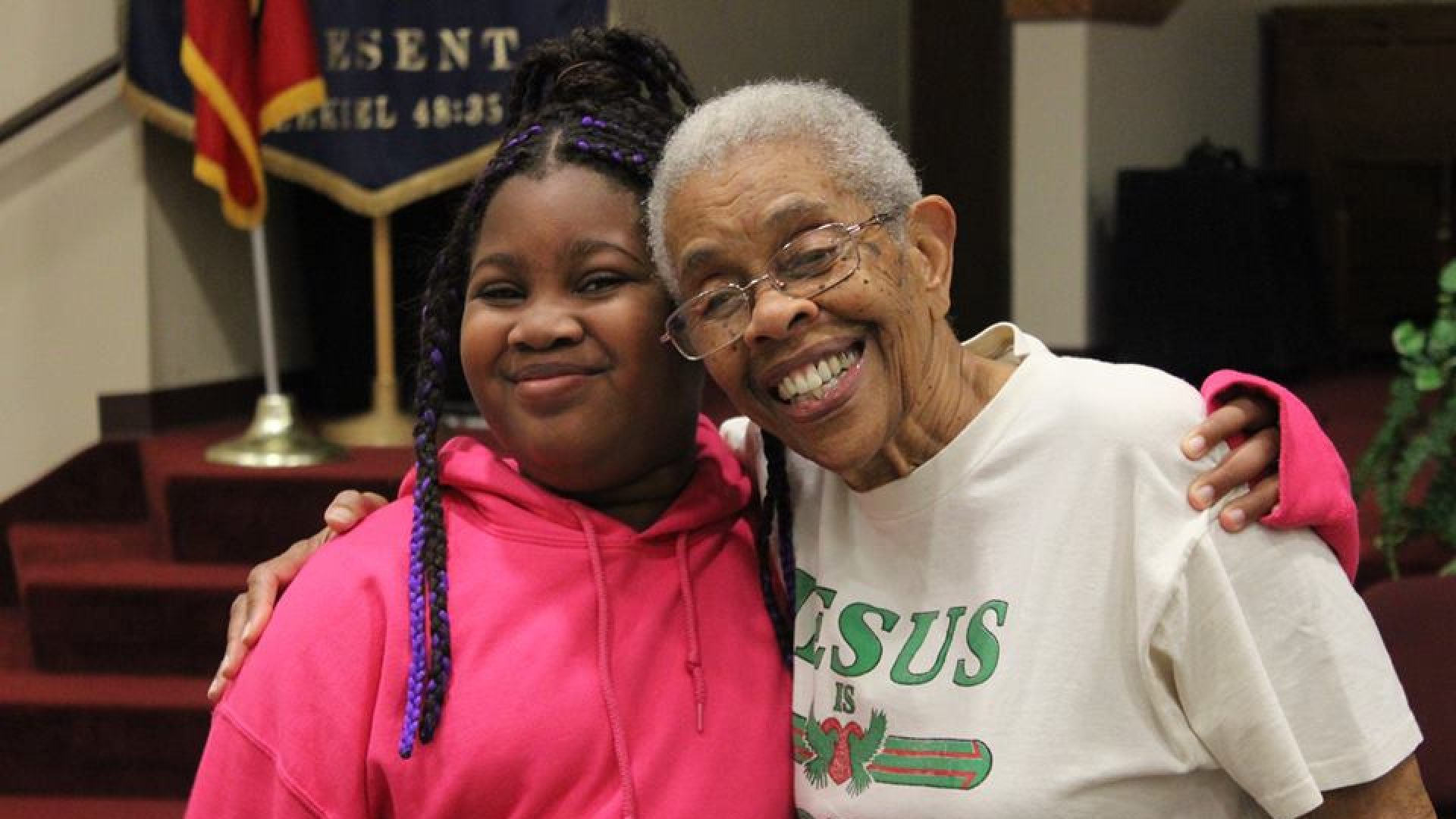The best gifts don’t always come with gift wrap or a big price tag! Whether you work with kids or just have kids in your life, here are seven ideas that we believe are priceless to a kid:
1. Showing up. By showing up consistently, you are saying to a kid: “You are worth this part of my life every week.” That. Is. A. Big. Deal.
2. Talking. This one’s a little bit of a curveball, because we tend to think listening is better than talking. But talking can help break the ice with a kid. Tell them a story about yourself, show them pictures of your family, or tell them a joke. You’re showing that they are worth your attention!
 3. Listening. OK, you knew that one was coming. Imagine you’re a kid who’s come from a classroom, and maybe lives in a large or just busy family, and rarely has extended one-on-one conversation with an adult. Now think about how great it feels to have an adult let you finish telling the story about the silly thing your cat did that morning! And seem interested! Listening to the small things a kid has to say can really open up the door for the big things they have to say down the road.
3. Listening. OK, you knew that one was coming. Imagine you’re a kid who’s come from a classroom, and maybe lives in a large or just busy family, and rarely has extended one-on-one conversation with an adult. Now think about how great it feels to have an adult let you finish telling the story about the silly thing your cat did that morning! And seem interested! Listening to the small things a kid has to say can really open up the door for the big things they have to say down the road.
4. Letting them b e silly. Sometimes kids need to be silly. (Dare I say, even annoying.) Sometimes as an adult it takes all you can do not to just bang your head on the table during these episodes of silliness. So you have a few options: Smile quietly and tolerate it. Come back with something silly of your own. (If you can’t beat ‘em, join ‘em!) Or, initiate a silly activity that you actually enjoy: Charades, dance party, knock-knock jokes, impromptu opera, or who knows. They may not remember the silly thing you did, but they will remember someone who loved them even when they were annoying.
e silly. Sometimes kids need to be silly. (Dare I say, even annoying.) Sometimes as an adult it takes all you can do not to just bang your head on the table during these episodes of silliness. So you have a few options: Smile quietly and tolerate it. Come back with something silly of your own. (If you can’t beat ‘em, join ‘em!) Or, initiate a silly activity that you actually enjoy: Charades, dance party, knock-knock jokes, impromptu opera, or who knows. They may not remember the silly thing you did, but they will remember someone who loved them even when they were annoying.
5. Limits. When you are a “safe” person to a kid, you can help them understand limits. Gentle (but firm) correction from a person that they know loves them is the best way to learn limits. And something to remember about children who’ve experienced trauma or tragedy is that they still need limits, too – it helps them make sense of their world.
6. Helping them discover their own solutions. Kids will often come to us complaining of a problem. (He hit me! She called me a name! And on and on to infinity.) As adults, our instinct is usually to dish out a solution: “Stop hitting. That’s not nice. Here’s your consequence.” But one step better is to help equip our kids to find their own solutions whenever possible: “When someone calls you a name, what can you do? What do you think will happen next if you do that?” Nine times out of ten they will come up with a solution that is just as good as yours, and maybe the next time they’ll have the confidence to use it on their own.
7. Good questions. This one goes with Listening, but it’s just a step further. A good question can help draw out the things happening in a kid’s heart that they may not know how to bring out on their own. Keep in mind that young kids (up until about 7th grade) will struggle to answer abstract questions. So even “How was your day?” will be harder to answer than, “What’s one good thing and one bad thing that happened today?”
All of these gifts model the unconditional love of Jesus to a kid! And when we talk about how much Jesus loves them, they will understand and believe it because they’ve seen his love in action in us.
–Faith Bosland

